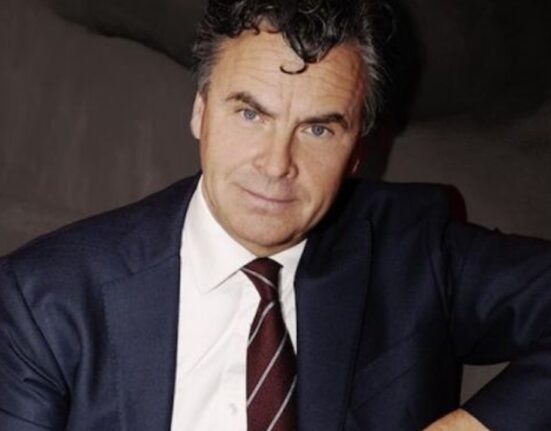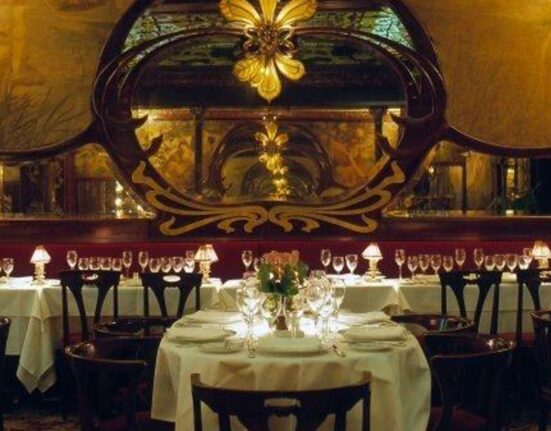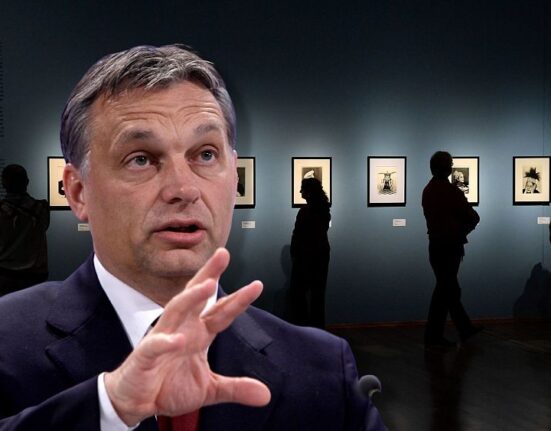President Kassym-Jomart Tokayev of Kazakhstan is redefining the Great Game as an opportunistic obstacle course, testing his own survival skills to future-proof his country against joining Ukraine as a victim of Russia’s irredentist urges. As leader of the biggest and richest of the independent states in Russia’s Central Asian orbit, Tokayev has elevated pragmatic neutrality to an art form, so far keeping everyone happy—as long as they don’t look too closely at the fine print.
Regional analysts praised Tokayev for his ability to straddle the line between Russia’s need to keep its economy, and specifically its military-industrial sector, ticking over, while adhering to the sanctions imposed on Moscow by the United States and the European Union following Russia’s invasion of Ukraine in February 2022. Stuck in the middle, he seems to be making all the right moves, as Kazakhstan’s economy is booming and he’s being courted by all the big players.
“Kazakhstan understands the needs of the main actors and is doing its best to please everyone and not come under the sanctions,” Dimash Alzhanov, an independent political analyst based in Kazakhstan’s largest city, and former capital, Almaty, told Foreign Policy. “Kazakhstan needs access to the international financial system, and it needs to sell oil to Western markets, and to do that it needs to keep Western countries onside.”
It also needs to keep Russia onside. Kazakhstan has not recognized Russian claims to Ukraine, which began with the 2014 annexation of Crimea and occupation of the Donbas. Surveys have revealed rising concerns since the invasion of Ukraine among Kazakhstan’s 20 million people that Russia could take advantage of historical claims along their shared border to grab oil-rich northern territory. Tokayev has to keep everyone happy just to keep standing still.
The war in Ukraine has reignited a rush to Central Asia by Russia, China, and the United States, all eyeing some of the world’s richest oil, gas, and uranium resources in states that won their independence with the collapse of the Soviet Union. While still very much in Moscow’s orbit, Kazakhstan has proved adept at maximizing economic opportunities from both China’s Belt and Road infrastructure initiative and American Big Oil.
Tokayev’s request to Moscow for help in quelling riots, in January 2022, confirmed Moscow’s role as kingmaker and strategic partner, an adroit Russia-pleasing move that analysts said provides the back beat to the Kazakh leader’s nimble diplomatic dance. In the past month-plus, Tokayev has reassured German Chancellor Olaf Scholz that Kazakhstan will not be a sanctions buster. But he also traveled to Moscow to help Russian President Vladimir Putin celebrate his birthday, on Oct. 7, by inaugurating a pipeline to pump Russian gas to Uzbekistan via Kazakhstan. They met again for a summit on Oct. 13 in Bishkek, the capital of Kyrgyzstan, on Putin’s first known trip outside Russia since the International Criminal Court (ICC) issued a warrant for his arrest in March. And both were in attendance in Beijing last month for Chinese President Xi Jinping’s celebration of the Belt and Road Initiative, which he’d unveiled in Kazakhstan a decade ago. (Neither China, Russia, nor Kyrgyzstan is a member of the ICC.)
Tokayev’s dance card might be full, but he’s running the risk of stepping on Putin’s toes in pretty much the same way Ukraine did, by publicly courting closer ties with the European Union, the United States, and NATO. Kazakhstan and the EU have begun talking about relaxed visa requirements for Kazakh citizens. Central Asian and EU foreign ministers met last month in Luxembourg to reaffirm cooperation on a long list of issues, including “the importance of the prevention of sanctions circumvention.”
The U.S. ambassador to Kazakhstan, Daniel Rosenblum, cut the ribbon on Oct. 23 on a “peacekeeping operations center” in Almaty described by the U.S. Embassy’s Facebook page as “the latest project supported by the United States to enhance Kazakhstan’s capacity to train international peacekeepers.” The United States was “proud to partner with Kazakhstan to support security, prosperity, and peace,” it said. The following day, Oct. 24, U.S. Secretary of State Antony Blinken wished the country well for its Republic Day, saying he looked “forward to partnering together on global challenges to advance our shared priorities of peace, prosperity, and stability for the benefit of both our countries’ peoples.”
On Nov. 6, Kazakhstan and the United States kicked off their annual enhanced strategic partnership dialogue, building on President Joe Biden’s Central Asian summit at the U.N. in September, and announced further cooperation on everything from counterterrorism to trade and sanctions and even human rights. Donald Lu, the U.S. assistant secretary of state for South and Central Asian affairs, “reaffirmed the United States’ unwavering support for Kazakhstan’s sovereignty, independence, and territorial integrity.”
Despite being the most popular country on the Central Asian block now, Kazakhstan hasn’t gotten a pass on human rights, as the State Department noted “significant” abuses, according to a 2022 report, that included unlawful or arbitrary killing and torture “by or on behalf of the government,” arbitrary detention, political prisoners, “serious problems with the independence of the judiciary,” restrictions on free assembly and expression, media, and internet access. The report also logged “serious government corruption; significant restrictions on workers’ freedom of association; and existence of child labor.” More recently, Freedom House awarded Kazakhstan a dismal score of 23 out of 100 on its global freedom index for 2023 and declared the country “not free.”
But realpolitik is trumping rights; domestic repression has become a lesser evil than the risk of Kazakhstan swinging back toward Moscow. “The West has become more cooperative, and talks less about human and civil rights in Kazakhstan,” Alzhanov said.
Kazakhstan appears to be getting a pass when it comes to business and trade, too, which might be offering Russia a backdoor way to sidestep some Western sanctions on critical imports. Russian companies flocked to Kazakhstan during the first year of the war, with at least 4,000 new firms established, according to the Eurasia Review, which called the influx of companies and people a “brain gain” for Kazakhstan.
What’s potentially problematic is the surge in both EU-Kazakh trade and trade between Kazakhstan and Russia since the war began. Eurostat figures show that EU exports to Kazakhstan have soared since Russia invaded Ukraine—up by 85 percent to 16.6 billion euros between January 2022 and June 2023 compared to the previous period. Exports from Kazakhstan to Russia also showed a substantial increase in 2022, up by 25 percent to $8.8 billion, according to the Russia Briefing newsletter, despite wide-ranging EU sanctions that target things like advanced computers and machinery and technology for transportation, energy, oil refining, aviation, and drones.
It’s hard to unpack the details of the growing economic ties entirely because trade across the region is borderless for members of the Russia-led Eurasian Economic Union, which also includes Armenia, Belarus, Kazakhstan, and Kyrgyzstan. But the uptick in big-ticket imports from Europe, coupled with rising exports to Russia, raises eyebrows. “There are clear signs,” Reuters reported, “that some of the goods may be redirected to Russia.” Kazakhstan’s imports of European machinery and transport equipment doubled last year, it said, “without clear signs of a major surge in related local investment.”
With Putin persona non grata in the West, and the Middle East’s status as a reliable source of fossil fuels looking shaky amid concerns that Israel’s war on Hamas could spread across the oil-producing region, Kazakhstan is shaping up as an attractive alternative. French President Emmanuel Macron became Tokayev’s latest suitor when he visited Kazakhstan on Nov. 1, as part of a regional shopping trip. France relies on nuclear energy for about 60 percent of its electricity but has become nervous about recent political instability in Niger, a big uranium supplier. French state-owned EDF is bidding to build Kazakhstan’s first nuclear power plant, while Kazakhstan eyes France’s nuclear energy expertise—another elegant pas de deux for Tokayev.
So far, Moscow’s disapproval has been limited to words, with some spluttering in state-controlled media about Kazakhstan’s “multi-vector” approach to foreign policy and veiled warnings about the Western “agenda” in Russia’s backyard. But the music hasn’t stopped yet, and so far, Tokayev has proved nimble on his feet.







